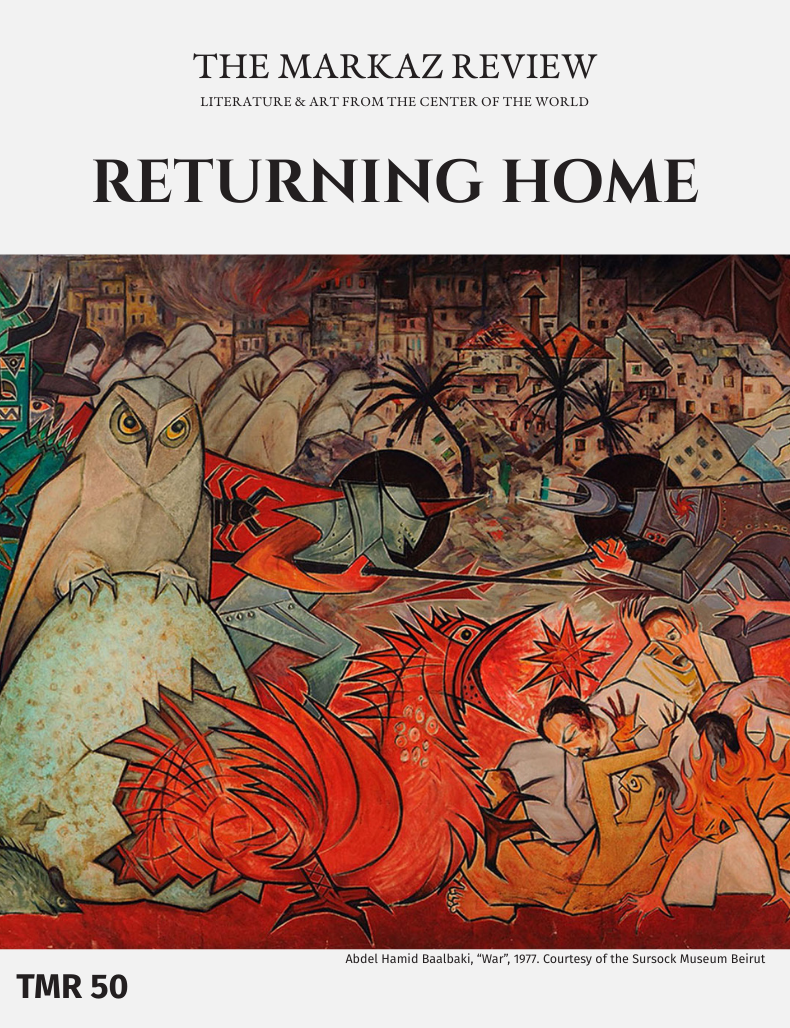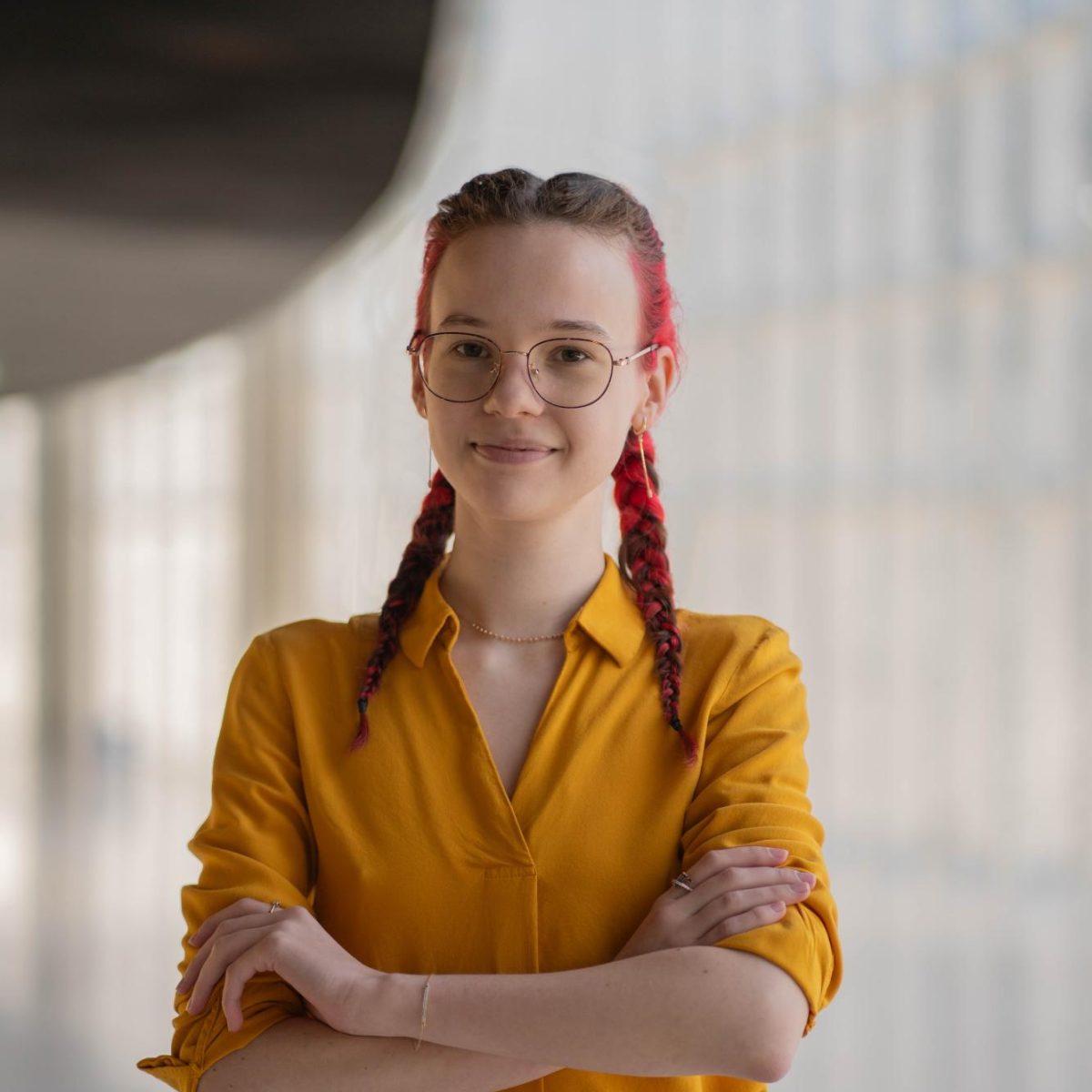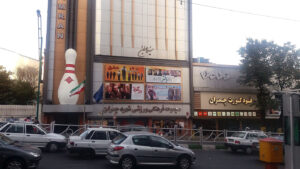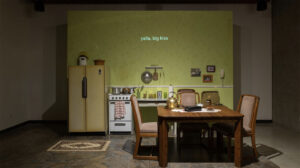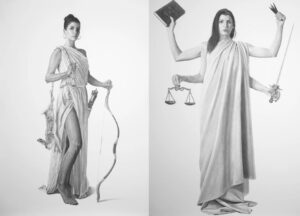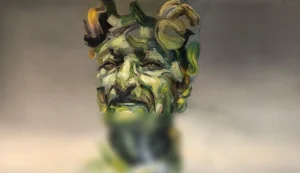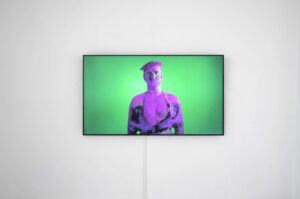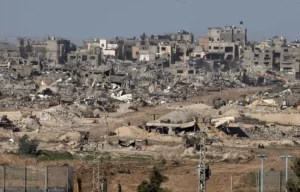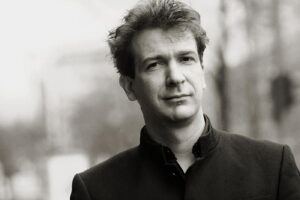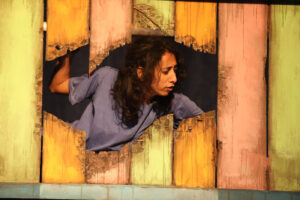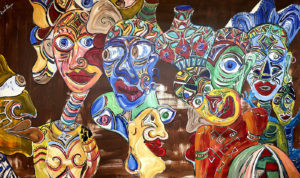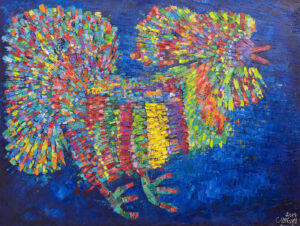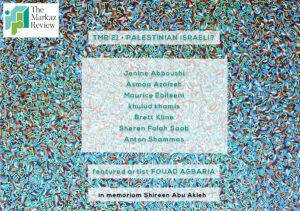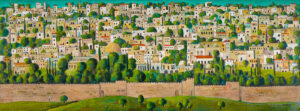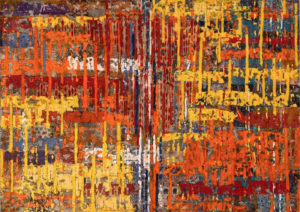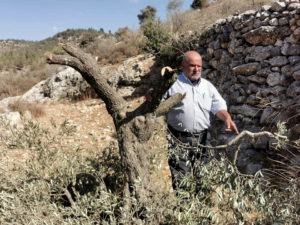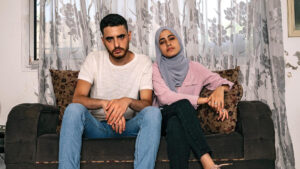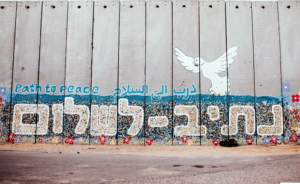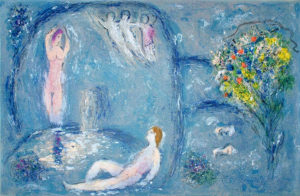For young Palestinian citizens of Israel, home is both a place of belonging and exclusion. Caught between legal nationality and cultural identity, they navigate life in a country that treats them as both insiders and outsiders. They say life is stranger than fiction. In this story, the names are changed and exact hometown locations are omitted to protect the security of those interviewed. The rest is true.
“Home is where the heart is … and home is Palestine,” says Rana. “It’s here. It’s my country.”
Yet, the road home might take forever for the 24-year-old, a proud Palestinian born and raised in one of many Arab towns in what is now called Israel. Rana’s hometown is a tiny traditional village where everyone knows one another. It is surrounded by other Arab villages, where families speak Arabic, and children don’t hear Hebrew until they start learning it at school. Still, Tel Aviv is just a 90-minute drive away, and an Israeli passport is what defines those like Rana in legal terms, both inside the country and internationally.
“I feel like I’m cheating on my Palestinian identity,” she says. “It’s hard to be an Israeli while deep in your heart you feel that you’re not.”
Rana is one of the nearly two million Palestinian citizens of Israel whose families remained on their land after 1948. For their descendants, returning home has nothing to do with crossing borders. Instead, it marks an emotional and psychological journey toward a sense of belonging in a country that often treats them as outsiders. They have to constantly redefine the concept of home, not as a place of comfort or recognition, but as a site of survival and longing. To belong to the homeland, they must navigate a daily tension between what the land means to them and who they are on this land.
“I identify myself as a Palestinian who lives under occupation,” declares Rana without hesitation.
This firm belief, just a year ago, was only a fragile sense of discomfort in her homeland. It took a solid shape when she left Israel to attend a month-long leadership program abroad. There, she felt the difference: for the first time, she felt free and safe — in a place so far from home.
“I realized how bad our reality is,” she said. “I study with them. I work with them. I live with them — but they don’t like us. And if they had the chance, they would kick us out of this country.”
Still, it wasn’t exactly an awakening. Looking back, Rana’s fear around Jewish Israelis was always present.
“When I was a kid, I preferred to stay quiet and not talk about anything with Jewish people,” she says. “But when I grew up, I realized this is my reality, so I have to be strong. I have to be brave, to talk in their language and to talk to them.”
Rana has been living in Tel Aviv now for a couple of years. At university and work, she speaks perfect Hebrew. But at home — with family and friends — she still only speaks Arabic. Rana has not made Jewish friends or felt any real connection to the Jewish Israeli majority.
“I don’t feel safe in this country,” she says, recalling the endless cycle of headlines — Arabs killed by Jews, Jews killed by Arabs. “No one feels safe, actually. Not us and not Jewish people.”
Despite the constant tensions of living in Israel, Rana had never been able to imagine herself moving away from Palestine before her trip abroad. “Because this is my home country, my Palestine,” she explains.
But now, the Palestine she carries inside is overshadowed by the “hard reality” of “occupation,” as she puts it. Since returning to Israel, she has been considering emigrating. Still, the thought of leaving behind her family and friends — the home that no occupier can deny her right to — makes it feel impossible.
Rana’s viewpoint, however, is just one among many held by the young Palestinian citizens of Israel. Each has developed their own coping mechanisms and survival strategies to reconcile themselves to the only home they have ever known, even in a state that doesn’t really want them.
For Lina, like Rana, the idea of return is not about a movement elsewhere; it’s about learning how to remain. She grew up in an Arab town in the Galilee region, where her family has lived for nearly 20 generations. There, neighbors speak the same language, have the same customs and pass down traditions — from weddings to Ramadan gatherings.
“You still feel like you have your own culture,” Lina says. “A very Arab culture.”
She describes people in her hometown as valuing culture and education and ready to give up everything to ensure a better life for their children. The town itself is nationally known for having produced many doctors.
Lina moved to Tel Aviv six years ago for university. From a distance, she noticed how the quality of life back home declined with the worsening of organized crime, a condition the government did nothing to help counter.
“It became so normal to hear about random shootings [in my hometown],” she says. “Thank God my mom is only a teacher and my father a lawyer. We aren’t rich enough to be targeted.”
Lina is well aware of the economic, social and criminal problems in her country. Still, despite the instability and violence, she could never imagine leaving her land behind and starting a family anywhere else.
“Being with family makes me feel at home,” she says. “But more generally, being in Palestine, Israel, the Holy Land at large is what actually makes me feel at home.”
On this occasion, Lina was speaking to me from a bomb shelter, where she had taken cover after a siren went off. Despite that, she insists that there’s no better place for Palestinian citizens of Israel like her, who are often hated for either one or the other part of their complicated identity.
“Both are facts,” she says, describing her approach as realistic and non-dramatic. “It’s a fact that I’m Palestinian, and it’s also a fact that I’m an Israeli citizen.”
So, Lina tries to feel at home in Israel. For now, that home is Tel Aviv — a place she is connected to “out of convenience.” Over the years, Lina has found favorite places that feel safe and comfortable and has built a circle of friends — mostly Arabs and some Jewish classmates from the university.
Lina is an involved citizen. She cares about politics and votes in the Knesset parliament elections — because, as she puts it, “everything that happens here affects Palestinians more, as the weaker part of the population.”
Still, she’s unsure whether the country and its policies will ever truly allow her to feel at home.
“It’s very hard to identify with the country when you have people that basically hate you because you’re a Palestinian,” she says. “They don’t even use the word Palestinian — they say ‘Israeli Arabs’ to try to exclude you from identity.”
Lina spends time abroad almost every year. Yet still, as it is for so many other Palestinian citizens of Israel, it’s hard to imagine not returning to her country. Lina insists on staying, even in a home that both claims and rejects her.
Her family is here. Her life is here. And she knows how to move through it — even if it means having to simplify who she is from time to time.
“If a security guard in the passport control asks me, ‘Where are you from?’ I’m not giving him a history lesson,” she said. “I’m just saying: Israel.”

Mohammed, 25, comes from an Arab village in northern Israel, surrounded by a couple of Jewish towns. From a young age, he grew up interacting with both Arabs and Jews, as people in his hometown, as he says, “forgot their past.” Instead, they looked toward the future, sharing food, conversations and daily life with their Jewish neighbors.
Now a graduate student, Mohammed receives a scholarship from an Israeli private foundation and volunteers with the organization. The vast majority of its members are Jewish.
“They all respect me,” he said. “A lot of them helped me through my years of study. I can’t be ungrateful — I have a lot of Jewish friends. I respect them and care about them.”
His conversations with Jewish peers can last for hours. But the depth of these friendships, he says, has limits. “We still have our differences,” Mohammed explains.
His deepest connections — family and closest friends — are Palestinians from his hometown. That village, more than any institution or national identity, is what anchors Mohammed. Returning home for him means holding onto the village.
He came to really understand this during the Covid-19 pandemic, when he volunteered as part of the public health response, delivering food and supplies and checking in on neighbors. That experience changed how he thought about home.
“When you fight for something, you become loyal to it,” he says. “Before, I was only loyal to my family. But after [the pandemic], I became loyal to the village.”
Mohammed is now certain that his home is the village that made him. In conversation, he sometimes mistakenly refers to it as his “country,” which he can’t imagine leaving behind.
“Even if I have to fight everyone, I’m not going to leave,” he said. “I don’t care what you call it — Israel, Palestine, whatever else — I just want to live here.”
In reality, however, the naming matters. As long as his village is part of the state of Israel, the mere idea of staying home causes Mohammed what he describes as an “identity crisis.”
“I don’t want to leave my village. I want to stay here with my friends and family,” he says. “But if you say that you’re [just] Palestinian, you can’t stay here.”
This is partly for political reasons. The Israeli state, as Lina said, insists that its Palestinian citizens primarily identify themselves as Israeli. And this singular view of identity extends to the way everyone else sees people like Lina and Mohammed as well.
Effectively, says Mohammad, “You can’t be both Palestinian and Israeli. Jewish people see you as non-Jewish. Arabs around us see us as non-Arab. It’s not what you call yourself — it’s what the environment tells you you are.”
And that environment doesn’t offer much space for expression, let alone acceptance.
“I can’t stand up in college and say, ‘Israel is doing something wrong.’ I’m not even talking about the war — just in general,” he says, noting that a lot of students are afraid to speak out at risk of being kicked out of school. “We’re living in a different kind of danger.”
Outside campus, danger comes in the form of actual violence that disproportionately affects the Palestinian minority in Israel. Like Lina and Rana, Mohammed feels as though the state is unwilling to protect him in his own country. “But if you go into a Jewish village and you scream, two minutes later, you’ll be in jail,” Mohammed said.
Even his emotions aren’t safe from contradiction, as the war has thrown him into more intense internal turmoil. “If I hear that someone from Israel died in a rocket attack, I feel bad. If a Palestinian is killed by Jewish people, I feel sad and angry,” he said. “But I can’t hate either side because I’m both.”
To stay, he must move through his life with caution, adjusting his identity, choices and words. “For me, as an Arab who wants to be successful within the situation he lives in, you’ve got to play both sides in a very careful way.”
Like Lina, he believes there is nowhere else to go — no other place that can accommodate or even understand who he is. Nor does leaving feel like any kind of solution — not when his ancestors stayed to resist, and not when his village still holds fast to a particular way of being. Still, the identity on his papers doesn’t capture who he is or what it means to stay.
“No one will see your Israeli passport and ask who you really are,” Mohammed said. “They’ll just see one thing and decide. But we are more than that. We are still here. And that has to mean something.”




